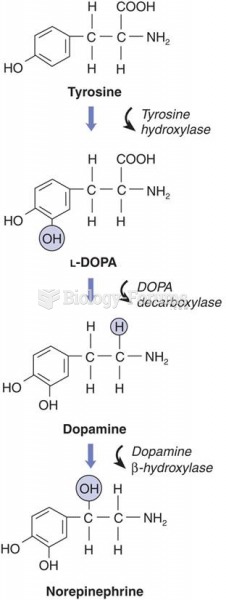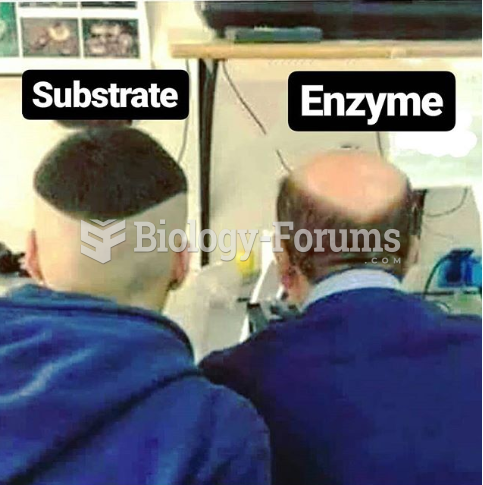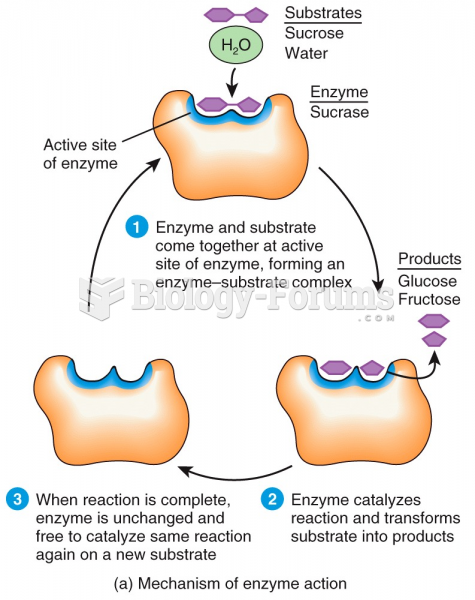This topic contains a solution. Click here to go to the answer
|
|
|
Did you know?
A good example of polar molecules can be understood when trying to make a cake. If water and oil are required, they will not mix together. If you put them into a measuring cup, the oil will rise to the top while the water remains on the bottom.
Did you know?
The first war in which wide-scale use of anesthetics occurred was the Civil War, and 80% of all wounds were in the extremities.
Did you know?
Serum cholesterol testing in adults is recommended every 1 to 5 years. People with diabetes and a family history of high cholesterol should be tested even more frequently.
Did you know?
Human kidneys will clean about 1 million gallons of blood in an average lifetime.
Did you know?
The average human gut is home to perhaps 500 to 1,000 different species of bacteria.







